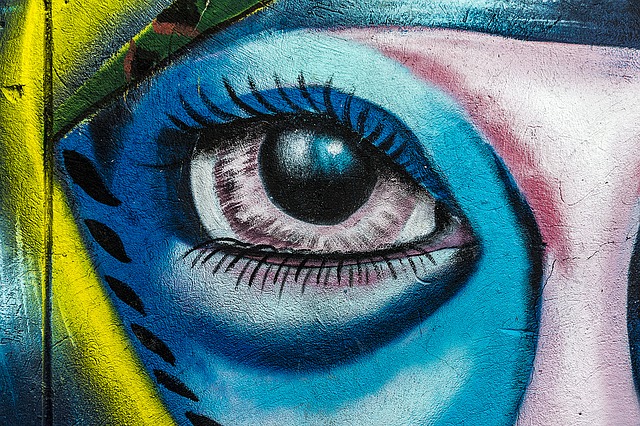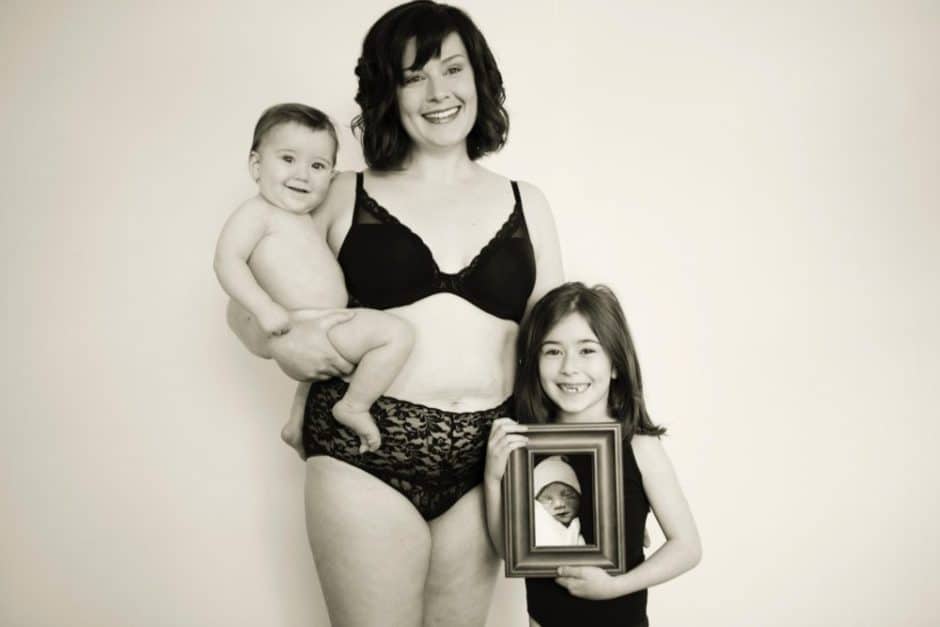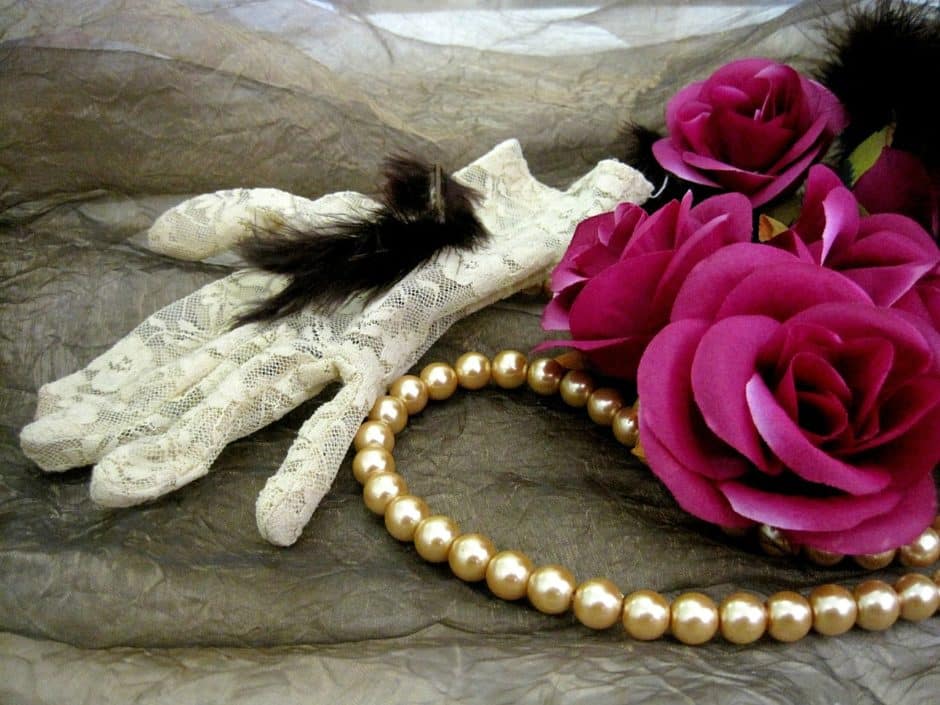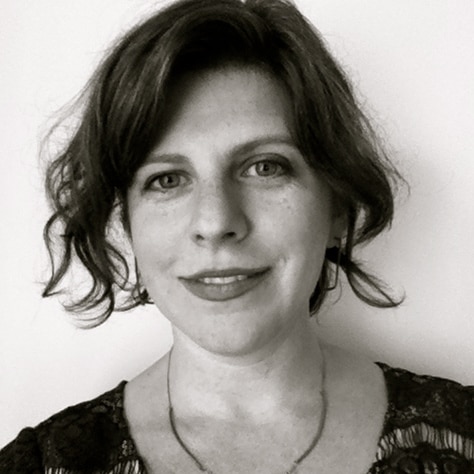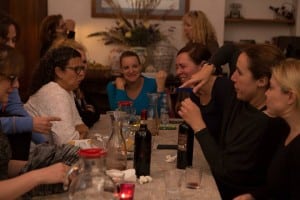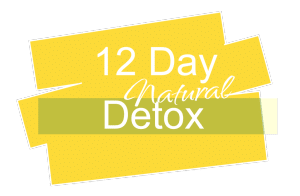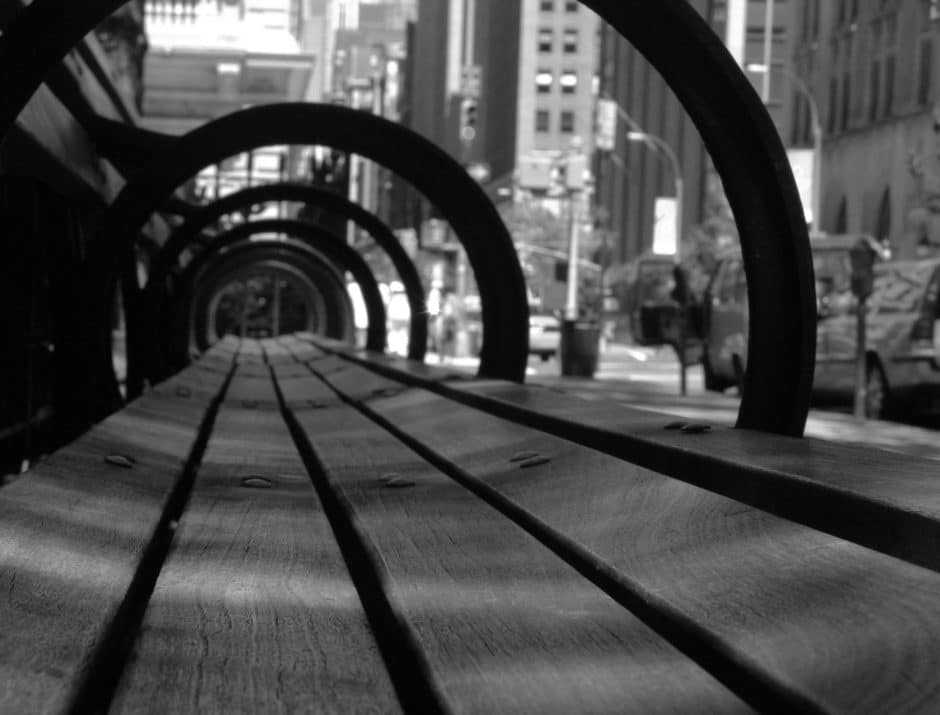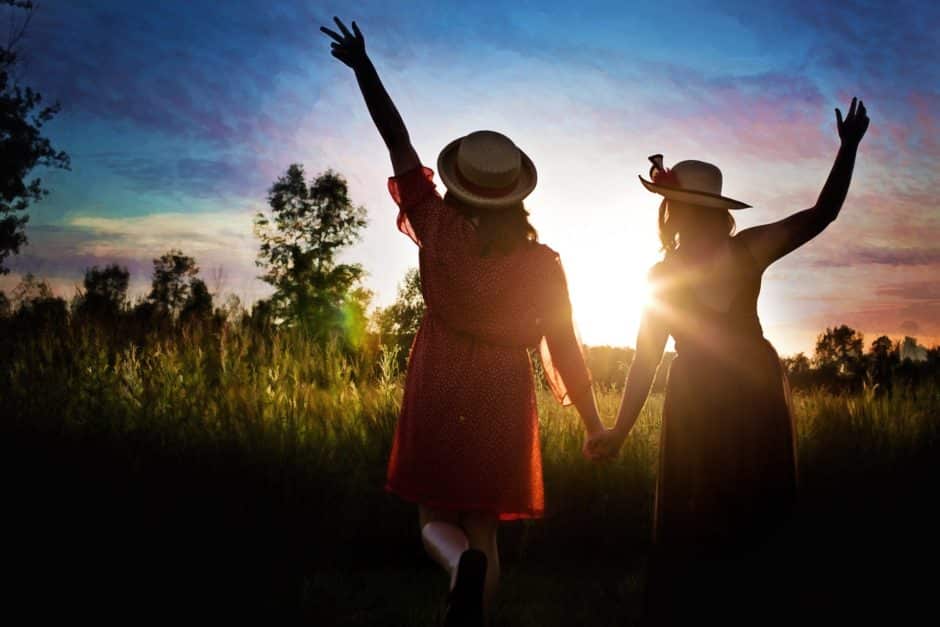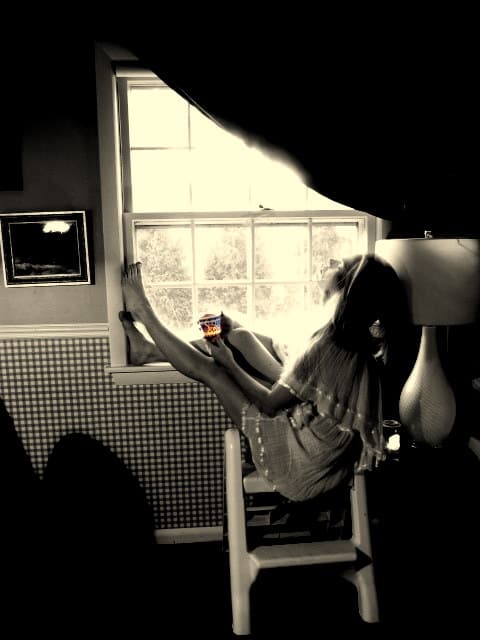By Benjamin Bagocius
I like awkward silences.
They are the unwieldy soul of social interaction. We often labor to exclude rather than befriend their wildness. I want to reclaim awkward silences, to listen for the ways their mysterious voices restore poetry to everyday conversation.
Awkward silences speak the language of poetry. As with poetry, awkward silences can be uncomfortable – but also liberating. They are breaks from habituated responses when something new might happen, supersaturated opportunities to rethink ourselves and each other. Generally framed as the worst possible social interaction, the awkward silence can be one of the most productive moments of our shared, public life. After all, awkward silences are never conditions of solitude. They emerge from encounters between two or more people. Just as poets need readers, and readers need poets, awkward silence, too, is about relationship. This is where its greatest promise lies for reimagining our public life together. Continue Reading…



